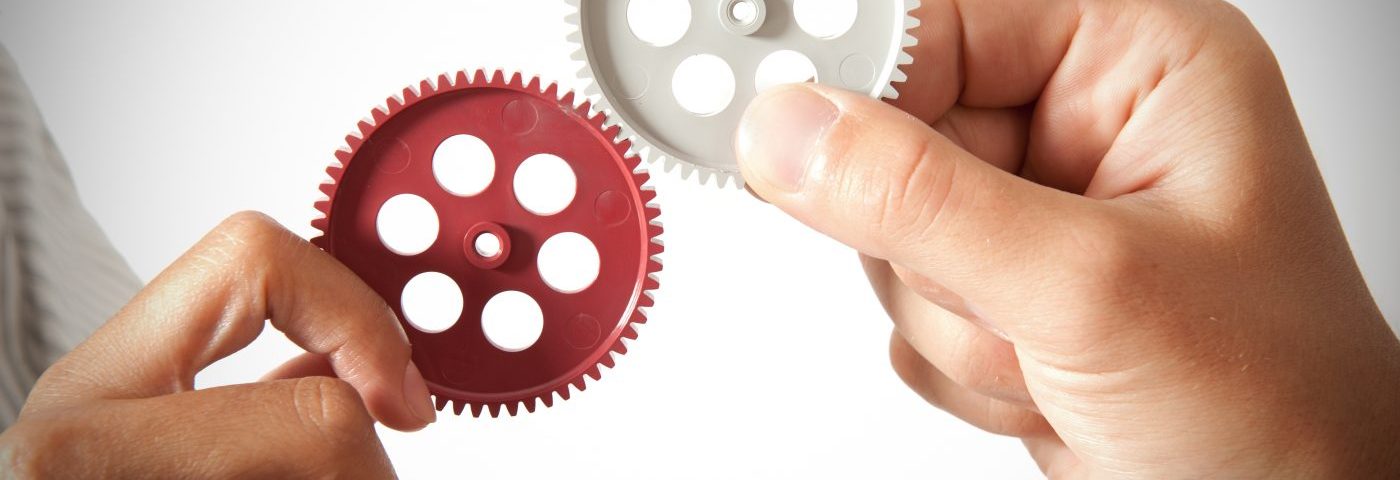TapImmune announced it has entered into a definitive merger agreement with Marker Therapeutics, bringing that company’s multi-antigen T-cell therapy platform to its peptide vaccine portfolio.
Markers’ platform has shown promis in early clinical trials in lymphoma, acute myeloid leukemia (AML), and multiple myeloma.
The merger is one of equals, with stockholders of both companies retaining about 50 percent of the resulting combined company. The deal still has to meet certain conditions and approvals, including the agreement of TapImmune stockholders, according to a press release.
“I believe that the new therapies we are acquiring with Marker in this transaction represent the next major leap forward in cell therapy for cancer,” Peter Hoang, president and chief executive officer of TapImmune, said in the release. “With this merger, I believe we have the opportunity to significantly disrupt the CAR-T and TCR field.”
CAR-T therapy involves the genetic engineering of a patient’s own T-cells to produce a receptor — called a chimeric antigen receptor – that targets a protein on the surface of cancer cells. TCR therapies use modified T-cell receptors with a high affinity for a certain cancer protein.
Compared to current gene-modified T-cell therapies, the T-cell therapies acquired in this transaction have several benefits, TapImmune reports, including:
- The therapies seem to be highly effective and durable without requiring depletion of the immune system before infusion.
- In a Phase 1 study in lymphoma, researchers observed complete responses in 50 to 60 percent of patients, comparable to the best results achieved in lymphoma CAR-T studies. More than 50 percent of those with complete responses also remained relapse free beyond one year.
- The therapies do not require genetic modification of T-cells, allowing their production to be less costly and less complex.
“We believe this technology will be a game-changer for the cell therapy industry, potentially overcoming the well-known limitations of today’s CAR-T and TCR approaches,” Hoang added. “Combined with the four ongoing Phase 2 clinical trials in the TapImmune platform, I believe we are creating a best-in-class cancer immunotherapy platform.”
The merger is expected to be completed later this year.


